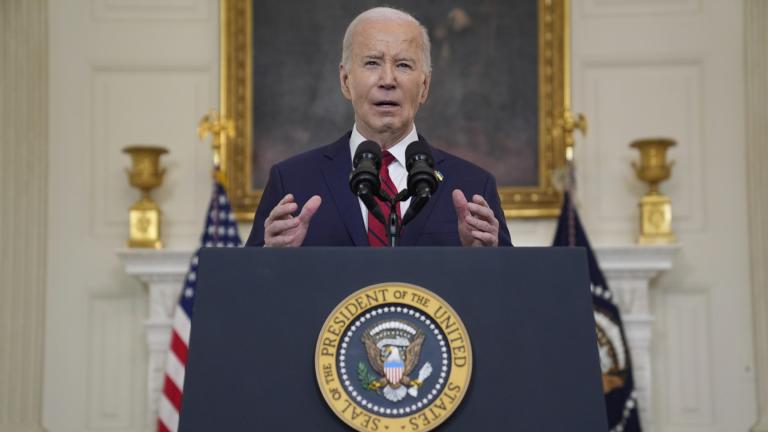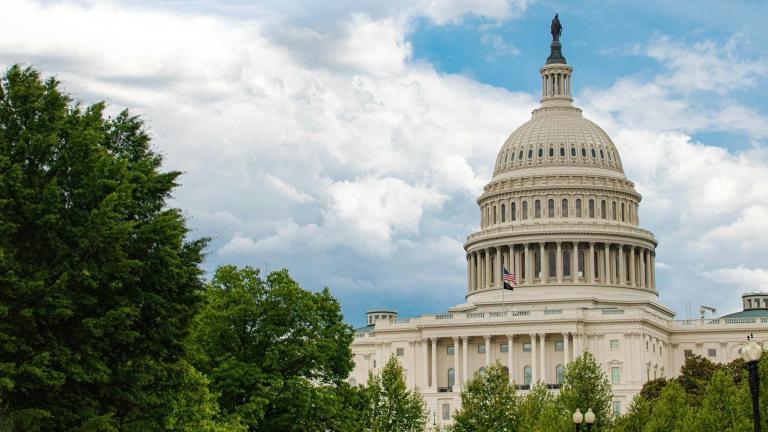Daylight saving time is ending on Sunday, which means you can stay cozy in your bed for one more hour.
The twice-yearly clock switch might come to an end for good if Congress passes the Sunshine Protection Act, making daylight saving time permanent in 2023. Supporters of the bill argue it will reduce crime, encourage kids to play outside and lower the risk of heart attacks and car accidents.
However, some health experts believe a shift would misalign our bodies’ circadian rhythm, or internal clock.
“[Daylight saving time] makes it harder for us to fall asleep, and harder for us to wake up in the morning,” said Dr. Sabra Abbott, associate professor of neurology in sleep medicine at Northwestern University’s Feinberg School of Medicine.
“We think that this could also result in increased rates of depression and increased rates of cancer,” she added.
A permanent daylight saving time would mean Chicagoans would not see the sunrise until about 8 or 9 a.m. in the winter.
This isn’t the first push for a permanent daylight saving time. Historically, daylight saving time was used during times of war to conserve energy and revamp the economy. However, it was tested as a possible standard time in 1974 and failed due to a negative reception.
“Kids waiting for the bus early in the morning when it was still dark out ended up getting into accidents that way,” Abbott said.
The change of time has been a heavily lobbied subject matter.
The candy industry lobbied to extend daylight saving time to the start of November to extend trick-or-treating hours. The golf industry and barbecue industry have also urged Congress to extend an additional month of daylight savings to increase their sales for another month.








